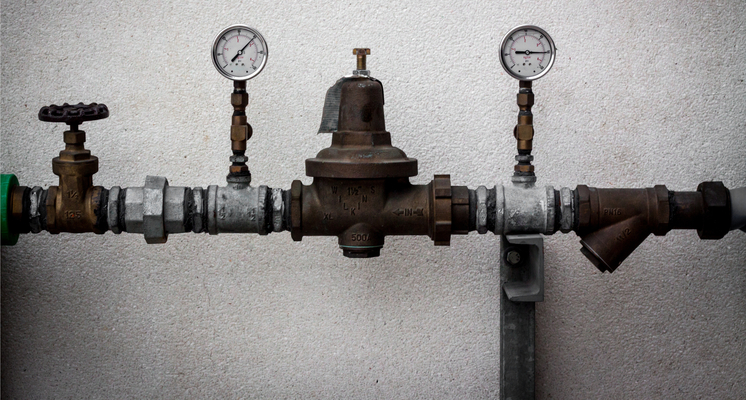Michigan needs to spend as much as $14 billion over the next 20 years to protect and maintain the systems that deliver safe, drinkable water to our homes, schools and businesses.
How, one might ask, is our state going to afford it?
Ensuring that Michigan’s engineers have the option to use the best piping materials for a particular project is a good place to start.
And that’s why the Michigan Senate needs to approve the important reforms of Senate Bill 157.
For decades, many of Michigan’s local water systems have relied upon one or two types of pipes – usually cast or ductile iron – to deliver drinking water. These pipes were once considered state of the art, but have since seen declining use in favor of newer materials and technologies.
That’s because older pipe materials can often come with serious performance problems. A 2011 study by the Water Research Foundation found the typical metallic pipe used in water projects may last barely more than a decade in “moderately corrosive soils” before crumbling apart. In other words, these pipes can be failing years, even decades, before taxpayers or ratepayers finish paying the loans taken out to install them.
And large swaths of Michigan, particularly on the east side and in the Upper Peninsula, score high for soil corrosion potential. It shouldn’t be too much of a surprise, unfortunately, that many of our water systems lose 10 percent to 50 percent of the water they carry and need replacement far sooner than expected.
READ MORE AT: http://www.bridgemi.com/guest-commentary/rebuild-michigans-water-infrastructure-one-word-plastics

